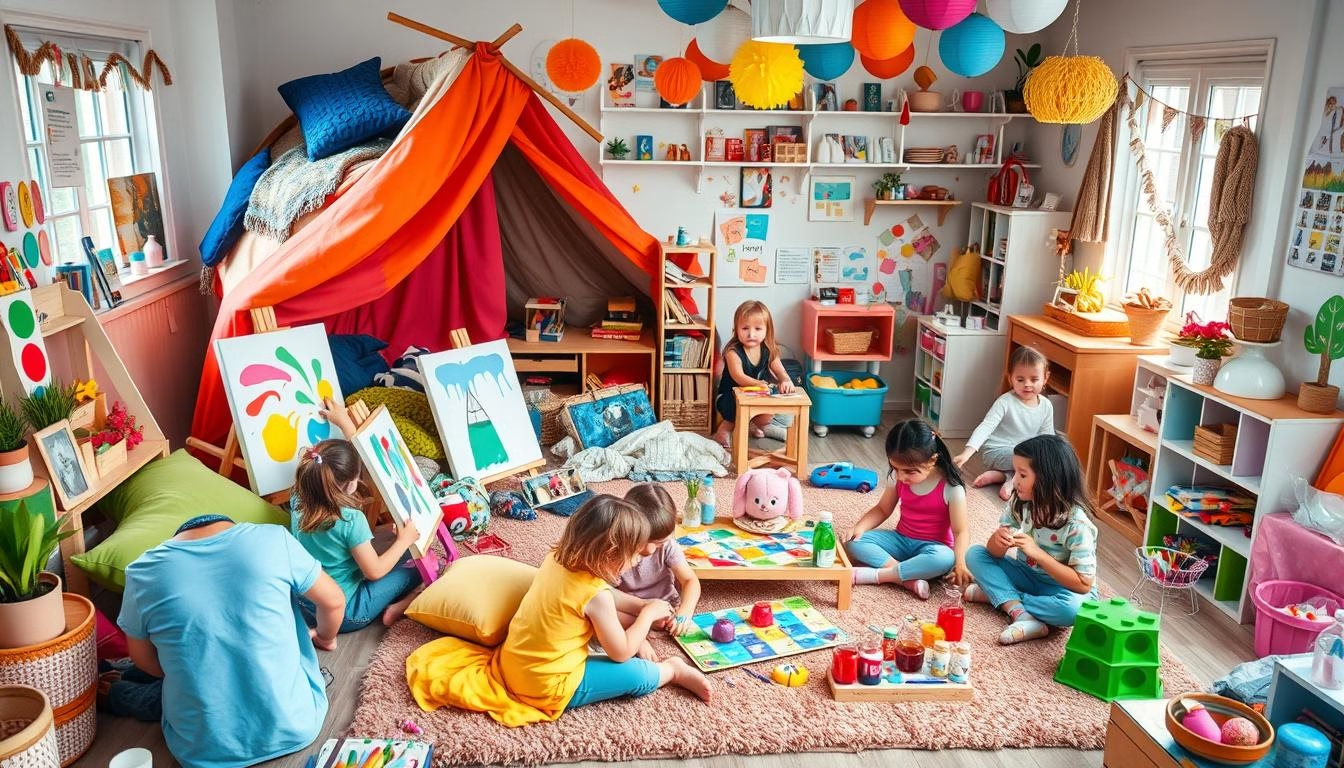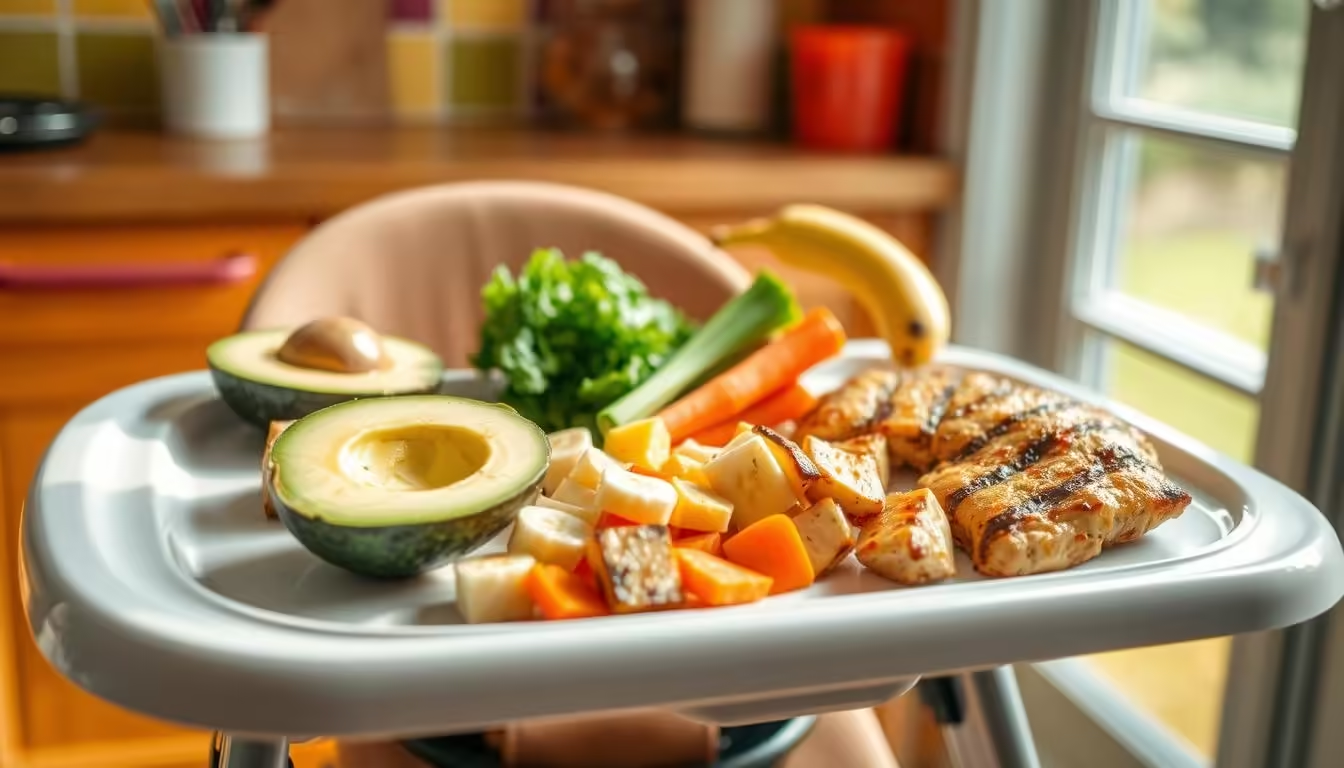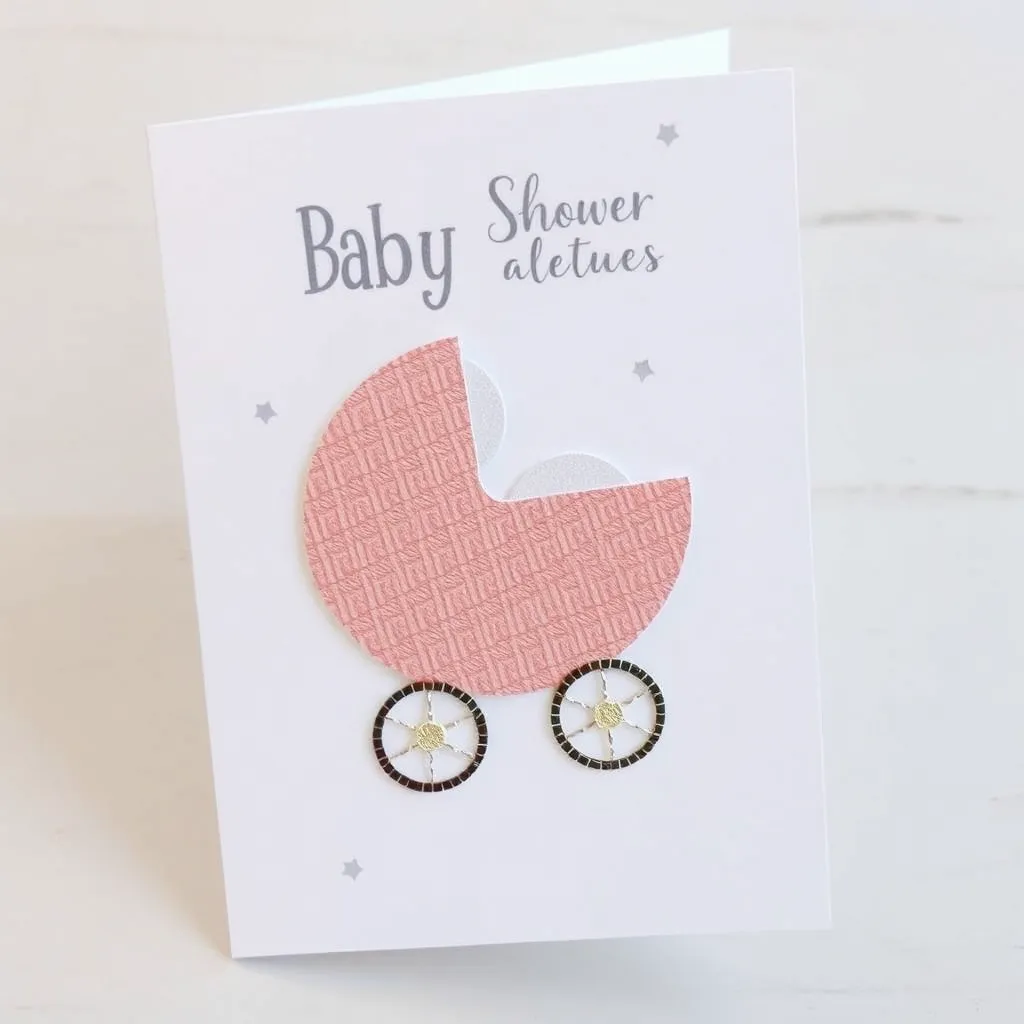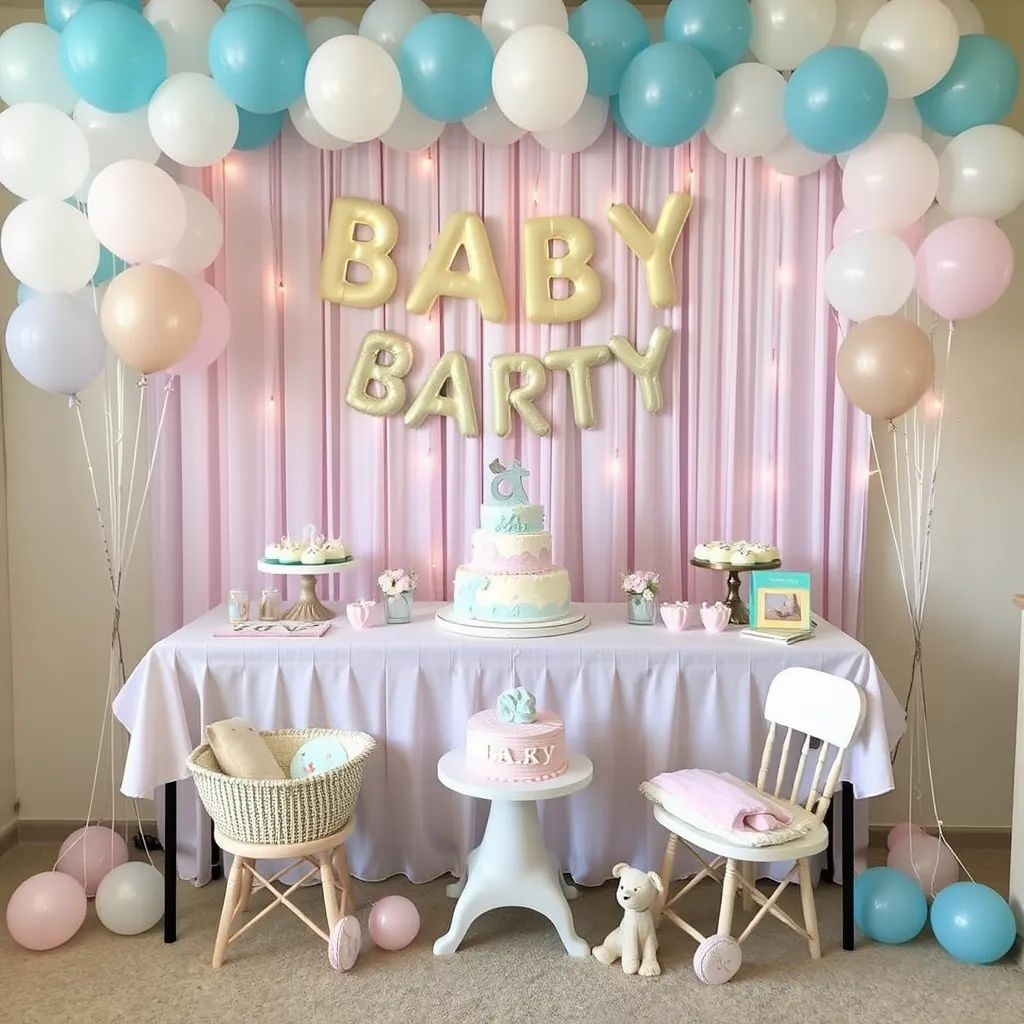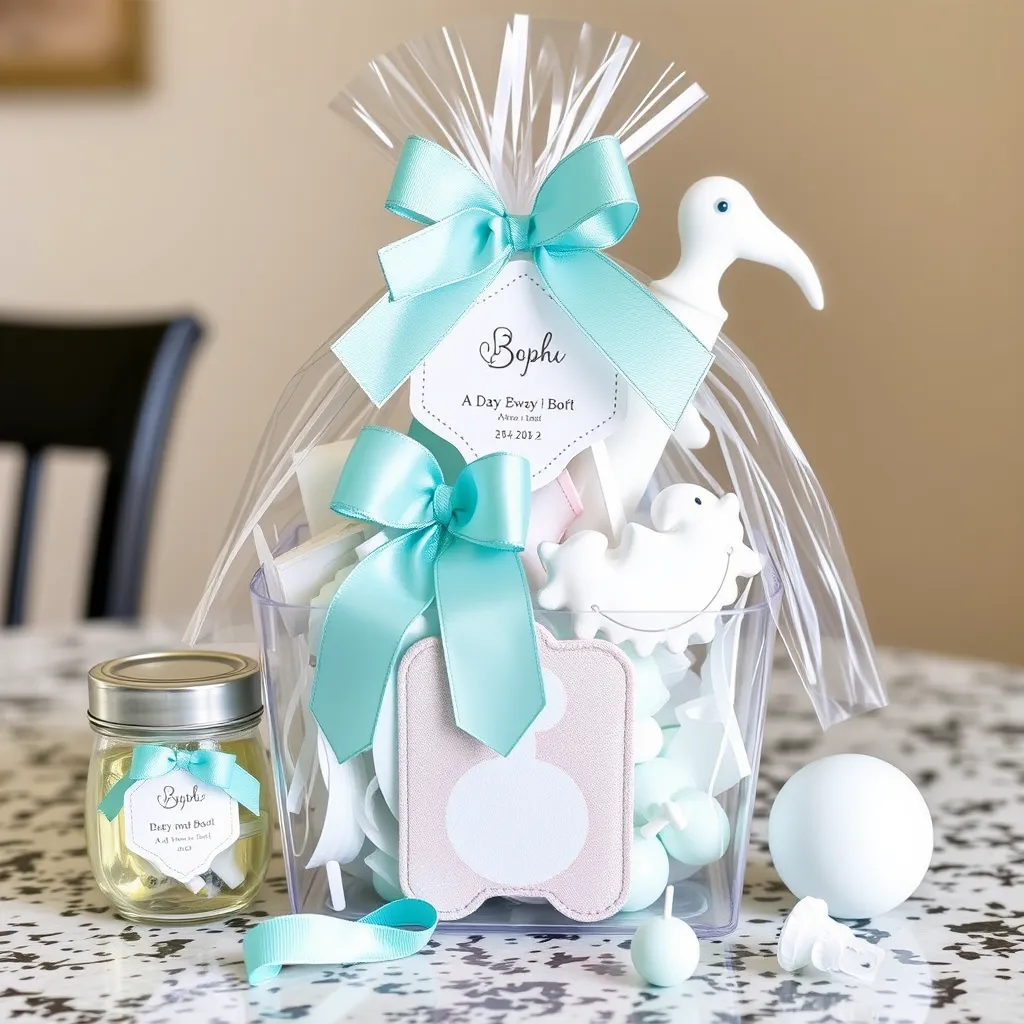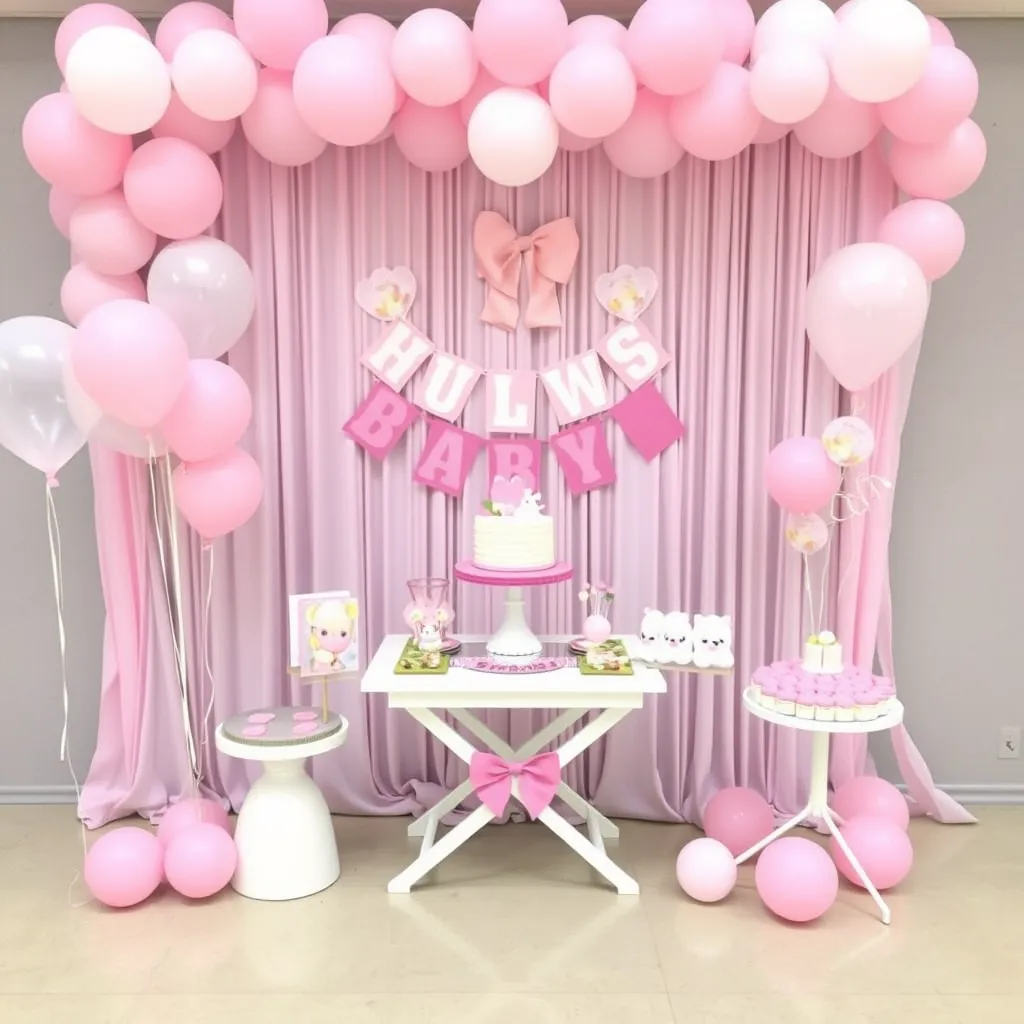When it’s rainy or cold outside, it’s key to have fun indoor children’s activities. This guide offers lots of ideas to make your home a place of learning and fun. You can turn your home into a playground, encouraging creativity, physical activity, and learning. Plus, you’ll make memories with your family.
Key Takeaways
- Explore a variety of indoor play places in Chicago and the surrounding suburbs, with costs ranging from free to $29.99 per pass.
- Engage in arts and crafts activities like scrapbooking, homemade movie-making, and hands-on learning projects.
- Conduct interactive science experiments using everyday kitchen ingredients and household toys.
- Enjoy classic board games and create your own quiz-based learning activities.
- Unleash energy through obstacle courses, dance parties, and imaginative play in your living room.
Table of Contents
Creative Arts and Crafts Ideas
Let your child’s creativity shine with fun kids’ indoor crafts and creative indoor play ideas. Turn your home into an art studio. Here, your child can try out different materials and techniques.
They can paint, work with DIY kits, or sculpt with clay. There’s something for every age and skill level.
Painting Projects for All Ages
Set up a craft corner with lots of supplies. You’ll need colored paper, glue, glitter, markers, and crayons. Encourage your child to paint on different surfaces like canvas, wood, or rocks.
Give them tools like sponges, cotton swabs, or their fingers. This helps them create unique textures and patterns.
DIY Craft Kits You Can Make Together
Make your own DIY craft kits to spark your child’s creativity. Use simple items like cardboard, pom-poms, googly eyes, and pipe cleaners. Let them use their imagination.
Set up a craft museum to show off their work. Celebrate their artistic success.
Simple Sculpting with Clay
Try sculpting with clay or homemade playdough. Encourage your child to make small figures, animals, or designs. Give them tools like rolling pins, cookie cutters, and sculpting tools.
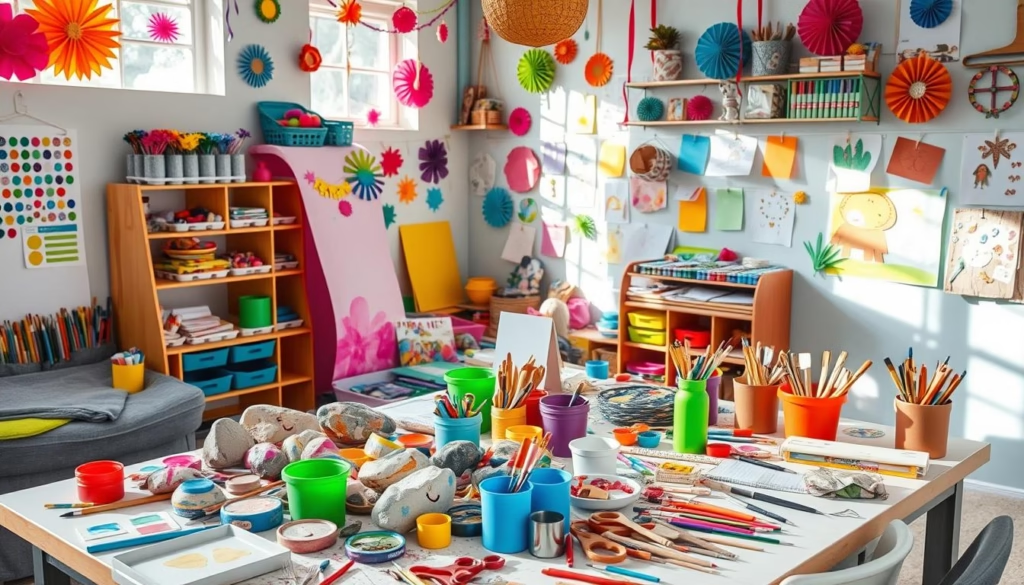
“Creativity takes courage. It’s the courage to be different, to step out of the norm, and to express oneself in unique ways.” – Unknown
Embrace creative indoor play ideas and watch your child’s imagination grow. By supporting their artistic expression, you open a world of learning, self-discovery, and fun.
Engaging Indoor Science Experiments
Spark your children’s curiosity with indoor experiments at home. These activities are fun and teach science in an interactive way. They cover everything from kitchen science to physics challenges.
Fun Kitchen Science with Everyday Ingredients
Discover science with common items. Make a lava lamp with vegetable oil, water, and food coloring. See how vinegar and baking soda can make a ping-pong ball jump.
Learn about density by layering liquids in a jar. It’s a simple way to understand a complex concept.
Easy Physics Experiments with Toys
Explore physics with toys. Build a Rube Goldberg machine to show motion and energy. Race toy cars to see how friction works.
Make a water xylophone to learn about vibrations. It’s a fun way to discover sound waves.
Safe Chemical Reactions You Can Try
- Grow colorful crystals with salt, sugar, or borax.
- Make invisible ink with lemon juice. Heat it to reveal the message.
- Test the pH of items like vinegar and baking soda.
These experiments are fun and educational. They help kids understand the world better. Use materials you have at home and always supervise.
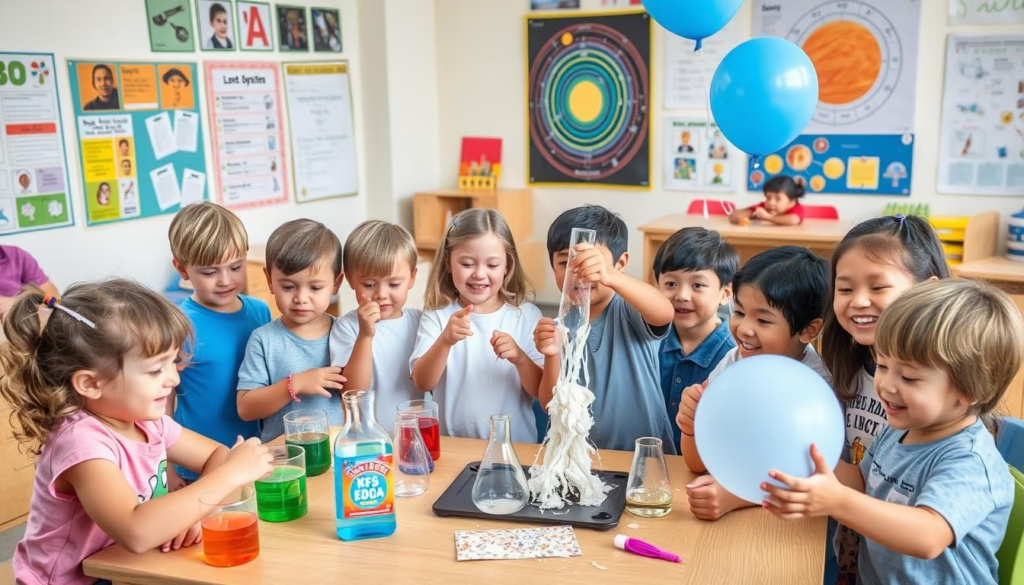
Interactive Educational Games
Interactive educational games are a great way to keep kids engaged and learning. They offer fun ways to learn, from classic board games to DIY quizzes. These activities make learning a fun part of your child’s indoor routine.
Board Games That Promote Learning
Games like chess, checkers, and Monopoly are both fun and educational. They help kids develop skills like strategy and problem-solving. Plus, they’re a great way to spend quality time together as a family.
You can even make your own board games. Choose topics your child loves and make learning fun and personal.
Online Games for Kids – Learning Fun
The internet has lots of educational games that are both fun and educational. Sites like Scratch Jr. let kids learn coding through games. Virtual field trips to museums and science centers also offer learning experiences right at home.
DIY Quiz Games to Challenge the Mind
- Create your own trivia-style question cards covering a range of subjects, from history and geography to science and literature.
- Craft DIY bingo cards using images, letters, or numbers to reinforce learning in a fun, competitive way.
- Organize a family game night with a mix of physical and mental games, keeping everyone engaged and challenged.
Interactive educational games help kids grow intellectually while having fun. Whether it’s classic board games or digital experiences, there’s always something new to try.
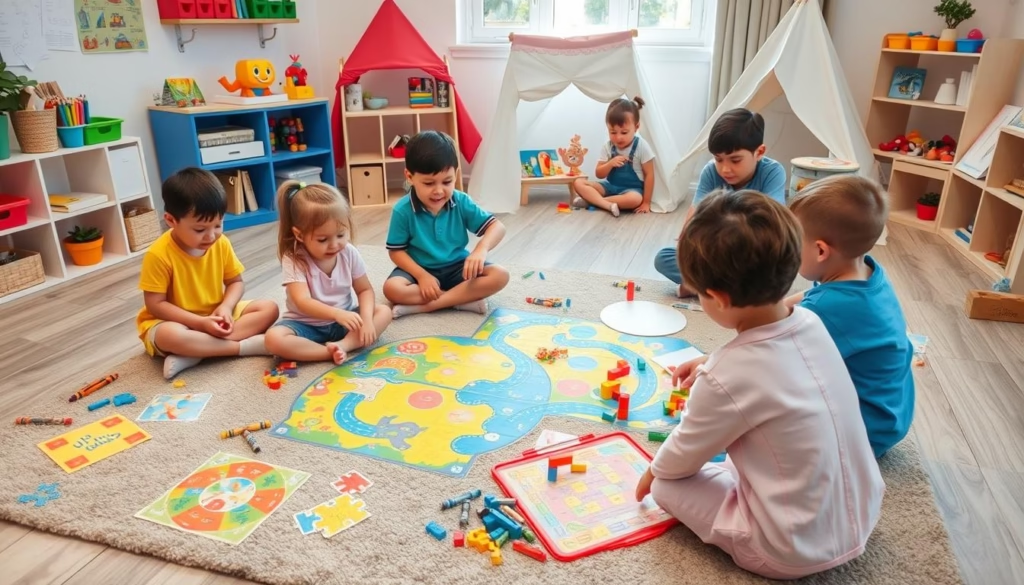
| Game Type | Key Benefits | Examples |
|---|---|---|
| Board Games | Develop strategic thinking, problem-solving, and patience | Chess, Checkers, Monopoly |
| Online Games | Combine learning and entertainment, expose to new technologies | Scratch Jr., Virtual Museum Tours |
| DIY Quiz Games | Challenge the mind, reinforce learning in a fun way | Trivia, Bingo, Mix of Physical and Mental Games |
By adding interactive educational games to your child’s indoor activities, you help them grow intellectually. And they’ll have fun doing it.
Physical Activities for Energy Release
Keeping young minds and bodies active indoors is key for their growth. While we can’t do sports inside, there are many fun ways to keep kids moving. Activities like obstacle courses and dance parties are great for indoor fun and fitness.
Obstacle Course Ideas for Living Rooms
Turn your living room into a fun obstacle course with items you have at home. Use cushions, pillows, and small furniture to make a path. Add “laser beams” with colorful strings for kids to weave through.
Finish with a jump over books or a crawl under a tunnel. This activity boosts gross motor skills and releases energy.
Dance Parties with Your Child’s Favorite Music
Music and movement are perfect together. Host a dance party with your child’s favorite songs. Clear the living room and let them dance freely.
Encourage them to be creative with their moves. You can mark a “dance floor” with tape or cushions. This activity improves fitness and boosts confidence and self-expression.
Remember, activities like obstacle courses and dance parties are great for kids. They improve fitness, strengthen muscles, and enhance coordination. Plus, they release a lot of energy.
Imaginative Play and Role-Playing
Introduce your kids to a world of creative play that sparks their imagination. They can build cozy forts or create their own theater with homemade puppets. These activities are fun and help them develop important skills.
Building Forts with Blankets and Cushions
Turn your living room into a magical place by letting your kids build forts. They can use blankets, cushions, and furniture. It’s a great way to encourage creativity and provide a cozy space for play.
They can imagine pirate treasure hunts, secret hideaways, or castle adventures. It’s a fun way to let their imaginations run wild.
Create Your Own Theater with Puppets
Help your kids become storytellers by setting up a DIY puppet theater. Use simple puppets to let them take the stage. They can create characters, write stories, and perform puppet shows.
This activity boosts creativity and helps with communication and language skills. It’s a fun way to encourage their storytelling talents.
These creative indoor play ideas and role-playing activities are great for keeping kids entertained at home. They spark imagination and encourage endless adventures. Watch as your kids explore and create right in your own home.
Indoor Gardening Projects for Kids
Getting kids involved in indoor gardening is a great way to keep them happy, smart, and connected to nature. You can start a mini herb garden or make fun planting crafts. These projects are full of learning chances for young minds.
Starting a Mini Herb Garden Together
Turn an egg carton or small pots into a lively indoor herb garden. Let your kids help from picking the herbs to planting the seeds. They’ll learn about plants, responsibility, and the joy of growing something.
- Choose easy-to-grow herbs like basil, mint, or chives
- Let your child decorate the pots or egg carton
- Teach them how to plant, water, and care for the herbs
- Have them keep a plant journal to track growth
Fun Planting Crafts to Enhance Learning
Add creative planting crafts to your indoor gardening to make it more fun for kids. Projects like growing “grass heads” or watching bean sprouts in clear jars spark their imagination. They learn about plant life cycles.
- Make DIY “grass heads” by planting grass seeds in an old nylon stocking or small pot
- Grow bean sprouts in a clear jar for your child to watch
- Use terracotta pots, paints, and craft supplies to make flower pot people
- Have your child design and decorate their own plant markers
Indoor gardening projects help kids learn about nature, responsibility, and family bonding. These activities keep indoor children’s activities and educational indoor activities for kids fun. They also help kids grow and develop.
Storytelling and Reading Time
Rainy days or times spent indoors are great for storytelling and reading with your kids. Setting up a cozy reading nook at home is a good start. It should have plush pillows and cozy blankets to make it inviting.
Create a Reading Nook at Home
Make a quiet corner of your home a reading spot. Use comfy cushions and throws for seating. Add a small side table for books and reading stuff.
Bookshelves or stacks of favorite picture books around the nook can spark their imagination. It encourages them to explore and read more.
Encouraging Storytelling with Picture Books
- Let your child pick a picture book they like. Then, read it together, stopping to talk about the characters and pictures.
- Ask your child to tell the story in their own words. They can use props or puppets to make it more fun.
- Try telling a story together, adding new parts as you go. It helps their creativity and problem-solving skills.
- Have a family storytime where everyone reads or tells a part of the story. It brings you all closer and sparks imagination.
By making a cozy reading nook and enjoying storytelling, rainy days can be fun. It helps your child grow their language skills, creativity, and love for reading.
Cooking and Baking with Kids
Getting your kids involved in the kitchen is fun and educational. It boosts their creativity, cooking skills, and growth. Simple recipes and themed cooking days are great for young chefs.
Simple Recipes for Young Chefs
Cooking and baking with kids can make them choose healthier foods. They learn fine motor skills, hand-eye coordination, and strength. Making homemade playdough is a fun way to get them started.
Playdough recipes include flour, salt, cream of tartar, water, and vegetable oil. It’s a simple activity that gets kids excited about cooking.
Fun Themed Cooking Days
- Themed cooking days like “Pizza Friday” or “Taco Tuesday” spark creativity. Making kebabs is a fun way to keep kids interested.
- Simple recipes like lemonade, ranch dip, or PB&J sandwiches teach kids to follow instructions. They learn basic kitchen skills.
- Activities like building with cardboard boxes and toilet paper rolls boost creativity and motor skills. They add to the cooking experience.
Indoor cooking and baking activities are great for toddlers, starting at about a year old. It helps create lasting memories and valuable skills for your kids.
“Cooking with kids is not just about ingredients, recipes, and cooking. It’s about harnessing their natural curiosity and enthusiasm, and imbuing them with confidence in the kitchen.”
Mindfulness and Relaxation Activities
In today’s fast world, it’s key to add moments of calm to our indoor children’s activities. These educational indoor activities for kids help reduce stress and teach life skills.
Yoga for Kids: Simple Poses to Try
Yoga is a fun way to engage kids’ bodies and minds. Try animal poses like “Downward-Facing Dog” or “Butterfly.” These poses help kids focus and release energy.
Guided Imagery for Calmness
Guided imagery helps kids manage their feelings and find peace. Ask them to imagine a calm place, like a forest or beach. They should use all their senses to feel the scene fully.
Make a “calm-down corner” with soft cushions and quiet activities. It’s a cozy spot for kids to recharge.
These indoor children’s activities teach kids to manage stress and emotions. They learn skills for now and the future.
Technology-Based Indoor Activities
In today’s world, technology is a great way to keep kids learning and having fun indoors. You can take them on virtual field trips to places like museums and zoos. They can explore from home. They can also watch documentaries or science shows that make learning fun and interesting.
There are also educational apps that make learning a game. Apps like Duolingo and Rosetta Stone make learning languages fun. Kids can also use software to create digital art, stories, or even code.
But remember, it’s important to balance technology with hands-on activities. Make sure kids have time for physical play and using their imagination. This way, technology can help them learn and grow, while also keeping them active and social.
FAQ
What are some creative indoor activities to keep children entertained on rainy days?
There are many fun indoor activities for kids. You can try arts and crafts, science experiments, and educational games. There are also physical challenges, imaginative play, and gardening projects. You can also tell stories, cook, and practice mindfulness.
What types of arts and crafts can I do with my kids at home?
Start a craft corner with basic supplies like paper, glue, and markers. You can make DIY kits for painting, sculpting, or creating a craft museum. This way, you can encourage creativity and display their artwork.
What kind of science experiments can I do with everyday household items?
Do simple science experiments with kitchen items. You can make a water cycle in a jar or explore physics with toy cars. Building a Rube Goldberg machine is also a fun way to learn.
What indoor games and activities can promote learning and critical thinking?
Play classic board games and create DIY quizzes. There are also educational online games that are fun. Card games can teach math and patience. Hosting a family game night is a great way to mix physical and mental games.
How can I help my child release energy and improve their gross motor skills indoors?
Set up an obstacle course with furniture and cushions. Have dance parties to encourage movement. Playing “The Floor Is Lava” is another fun way to improve coordination.
What types of imaginative play and role-playing activities can I do at home?
Encourage building forts with blankets and cushions. Create a puppet theater for storytelling. Dress-up sessions and cardboard box creations are also great for creativity and social skills.
How can I introduce indoor gardening projects to my children?
Start an indoor herb garden with egg cartons or small pots. Teach them about plant growth and care. Gardening crafts like grass heads or bean sprouts in jars are also fun. It teaches responsibility and nature.
What are some ways to encourage storytelling and reading at home?
Set up a cozy reading nook with pillows and blankets. Encourage storytelling with picture books or create stories together. Family storytime and using props or puppets can make stories come alive.
How can I involve my children in simple cooking and baking projects?
Teach kids about measuring, mixing, and decorating through simple recipes. Try themed cooking days like “Pizza Friday” or “Taco Tuesday”. Making homemade ice cream is a fun way to teach math and kitchen safety.
What mindfulness and relaxation activities can I do with my children indoors?
Introduce simple yoga poses for kids, using animal poses to make it fun. Practice guided imagery for relaxation. Create a calm-down corner with soft cushions and quiet activities. These help manage emotions and improve focus.
What technology-based indoor activities can I use to supplement learning and exploration?
Explore virtual field trips to museums and zoos. Use educational apps and software for digital art or stories. Watching documentaries or science shows together is also educational. Make sure to balance screen time with other activities.

